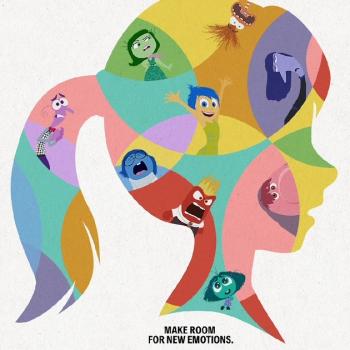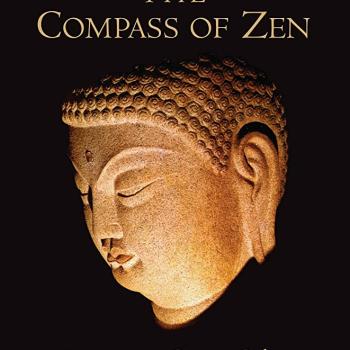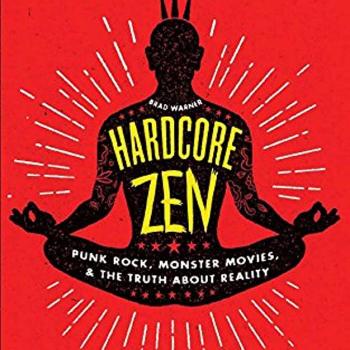The Barrier That Has No Gate.
Case 1.
A monk asked Master Zhaozhou, “Does a dog have Buddha Nature?”
Zhaozhou said, “NO!”
Zhaozhou was a teacher that was known for simple answers. He was thought of as a quiet man. He said simple things, but they were often powerful.
If we take his answer literally, we have to say a dog doesn’t have Buddha nature. But we can’t do that. Buddhist teachings, especially in the Mahayana tradition of which Chan is part, tell us that a dog does have Buddha nature.
The Buddha said, “All beings have Buddha nature! But because of their delusions they cannot recognize this!”
It’s important to note that in this time and place dogs were considered more of a filthy animal than a beloved pet. In our modern era we might ask “Does a rat have Buddha nature?” instead.
We don’t know if the monk had trouble believing a dog has Buddha nature or if he was trying to trick Zhaozhou somehow. But, some versions of this say “A monk asked earnestly…” so that would indicate it’s a sincere question. My sense is he had trouble believing it and wanted some kind of clarity. But Zhaozhou defied his expectations and said “No.” If he had said yes and then explained the concept of Buddha nature thoroughly, we probably wouldn’t know this story at all. The shocking part is what made it memorable.
The question we are called to answer is “What does no mean?”
I think the monk is really wanting to ask a different question. I think he’s like many of us, down on himself, wondering how he can be worthy. “All beings have Buddha nature? Even a dog like me?” We’re all down on ourselves sometimes, some of us more than others. So when he asks about the dog, he’s asking about himself. He’s asking about all beings, really. The teaching of Buddha nature means that no one, no being, is left out.
It may be that Zhaozhou thought it was a trick and he essentially said, “Get out of here!” or it could be that Zhaozhou saw this monk caught in delusion, in seeing “this” and “that”, in being obsessed with “sacred” and “ordinary”. So Zhaozhou forced him into an intellectual trap to attack his delusion. And now we’re in the trap too.













